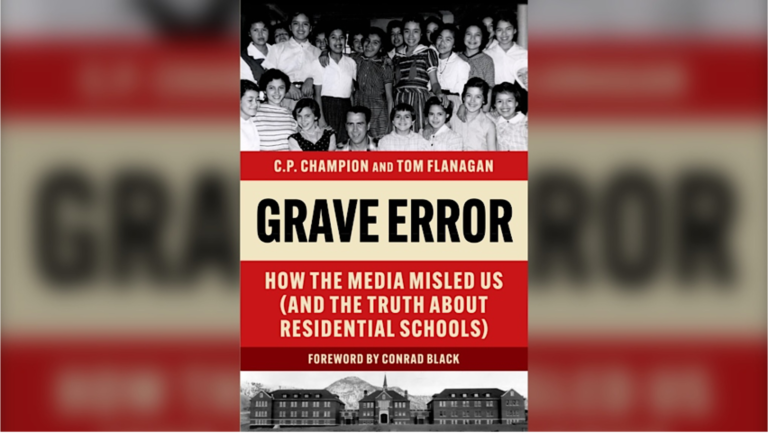The announcement of Bob Dylan’s Nobel Prize shocked many people. Even before a Swedish Academy member called Dylan “impolite” and “arrogant” for his standoffishness about accepting his Prize, the Academy’s selection ignited more attention and debate than any literature award in decades.
Praise swamped criticism, but within the literary establishment there was a spirited backlash. Outrage seemed to come even from the grave as angry detractors exhumed Kurt Vonnegut’s 1991 Hustler interview in which he called Dylan’s lyrics “gibberish” and Dylan himself “the worst poet alive.”
Some of Dylan songs undeniably descend into jokey self-parody. “Wiggle wiggle like a bowl of soup/wiggle wiggle like a rolling hoop” or “If dogs run free, then why not we/Across the swooping plain?” are indefensible but we can’t judge writers by the worst five percent of their work. After all, Shakespeare wrote Titus Andronicus and Eliot wrote cat poems that provoked an Andrew Lloyd Webber musical only marginally less dreadful than Webber’s suicide-inducing Starlight Express.
The success of Hamilton teaches us that lyrics are an increasingly important genre of literature in an increasingly nonliterary culture. As important as they are, it is a mistake to judge lyrics apart from their musical context. Shaggy English teachers straining to be “relevant” in the Sixties earnestly made that mistake with marvelous lyrics of the Beatles, Paul Simon and others, but it never worked. Dana Gioia’s libretto for the regrettably ignored opera Nosferatu works scarily well as poetry on the page, but such accomplishments are rare.
Dylan’s Nobel selection endorses the judgment that lyrics are a form of poetry that we must judge on its own terms. Moreover, his selection is a slap at the “postmodern” English-language poetry guild, an inbred group that denounces clarity, craft, values and ideas. This guild has walled off poetry from the public so that it has become just a stimulus for mutual back-scratching, laughable jargon, sloppy criticism, and easy ideological pronouncements. It goes without saying that postmodernists have drained music and musicality from poetry – the very features that made poetry popular ever since humans began to brood about topics other than what we should eat next.
While the Nobel Committee’s formal statements rarely reveal their true rationales, it is inescapable that they valued Dylan’s lyrics for their success in stirring pleasure and inspiration – and rightly so. More people can recite Dylan lyrics than any lines from all the top modernist poets combined. Around the world Dylan has inspired more political change than all our think tanks combined.
What the left-wing Nobel Committee probably missed – as did the 1960’s counterculture – is the libertarian strain in Dylan’s lyrics, a strain he acknowledged in “I Shall Be Free No. 10” (“Now I’m liberal, but to a degree/I want everybody to be free”). Steeped in American history and most genres of traditional American music, Dylan’s greatest songs denied the nihilism of “revolution for the hell of it”:
Disillusioned words like bullets bark
As human gods aim for their marks,
Make everything from toy guns that spark
To flesh-colored Christs that glow in the dark,
It’s easy to see without looking too far
That not much is really sacred.
While preachers preach of evil fates
Teachers teach that knowledge waits,
Can lead to hundred-dollar plates.
Goodness hides behind its gates,
But even the president of the United States
Sometimes must have to stand naked.
“It’s Alright, Ma (I’m Only Bleeding)”
Underneath the superficial pessimism of “not much is really sacred” is Dylan’s implicit insistence that many things should be sacred. In fact, there is a stubborn optimism underlying even Dylan’s darkest songs because he embraces faith in people and democratic institutions, as in his iconic anthem, “The Times They Are A-Changin’” (“Come senators, congressmen/Please heed the call./Don’t stand in the doorway;/Don’t block up the hall.”)
Dylan’s moral vision resisted the sudden secularism of the Sixties and stood proudly on religious underpinnings. His first album included “Gospel Plow,” and he fueled some of his most powerful lyrics with religious imagery and rhetoric:
Like Judas of old
You lie and deceive.
A world war can be won;
You want me to believe.
(“Masters of War”)
Through the mad mystic hammering of the wild ripping hail
The sky cracked its poems in naked wonder
That the clinging of the church bells blew far into the breeze
Leaving only bells of lightning and its thunder.
(“Chimes of Freedom”)
I dreamed I saw St. Augustine
Alive as you and me
Tearing through these quarters
In the utmost misery
With a blanket underneath his arm
And a coat of solid gold
Searching for the very souls
Whom already have been sold.
(“I Dreamed I Saw St. Augustine”)
Dylan’s earliest fans usually ignored or dismissed Dylan’s religious messages and metaphors, so he got explicit with 1973’s transcendent “Knocking On Heaven’s Door” and his devotional songs of the late Seventies and early Eighties, such as “Gotta Serve Somebody” and “When He Returns.” As Dylan evolved from “The Times They Are A-Changin’” to the 2006 album “Things Have Changed,” he wrote less evangelically, but always in innovative, often playful, ways that demand moral introspection.
Dylan’s Nobel honors his words for their musicality, accessibility, and ideas. His recognition may help to drag scholars, MFA programs, and literary journals away from their postmodernist tedium and toward a welcome revival of poetry that provokes and delights the public. For that reason alone, as others flame about Dylan’s Nobel don’t think twice – it’s alright.





